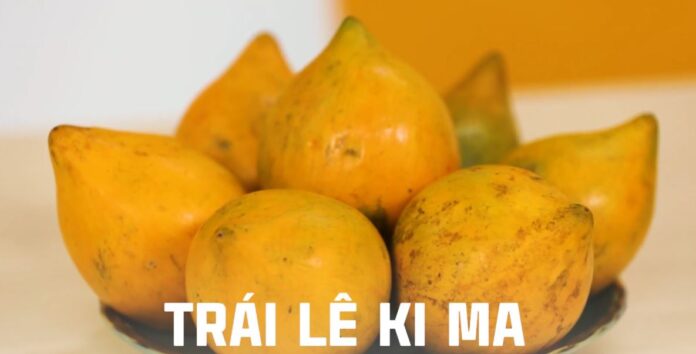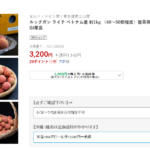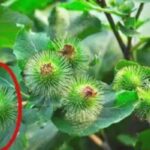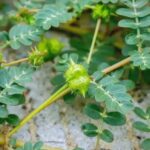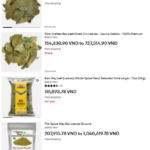Vietnam, a tropical paradise, boasts an array of exotic and unique fruits. Many foreign visitors to the country set themselves a goal of sampling as many of these delicious and rare fruits as possible, as they are often hard to come by in their home countries.
To capture the reactions of foreign guests tasting Vietnamese fruits, the Amazing Vietnamese Foods program (presented by the YouTube channel Taste of Vietnam/Thiên Đường Ẩm Thực) invited a group of foreigners to their studio to try some of Vietnam’s rustic and unique fruits.
One of the fruits that elicited a particularly interesting response was the le ki ma fruit (also known as the egg fruit). What did these foreign guests think of this unusual fruit? Let’s find out!
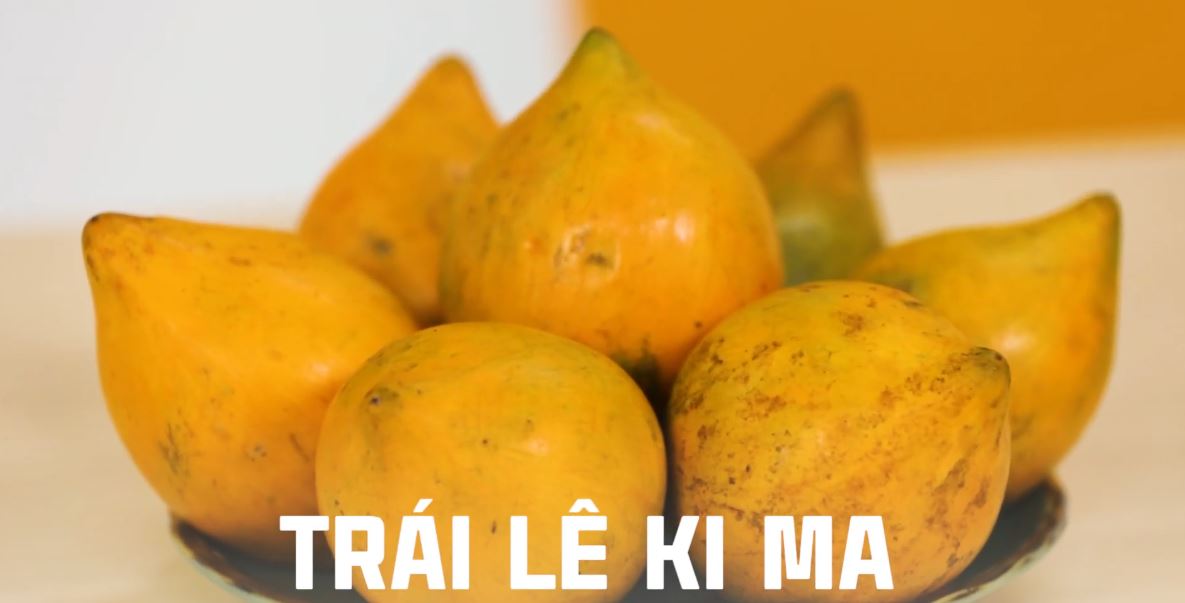
Le ki ma fruit featured in Episode 8 of Amazing Vietnamese Foods.
Western Guests’ Reactions to Tasting Vietnam’s Le Ki Ma Fruit
The foreign guests invited to the studio for this episode were Jordan (from the USA), Victoria (from Belarus), Paula (from Portugal), and Andrey (from Russia).
Upon seeing the le ki ma fruit, several of them brought it close to their noses to smell it. Jordan commented, “The smell is terrible.” After smelling it again, the American guest reiterated, “It doesn’t smell pleasant at all.”
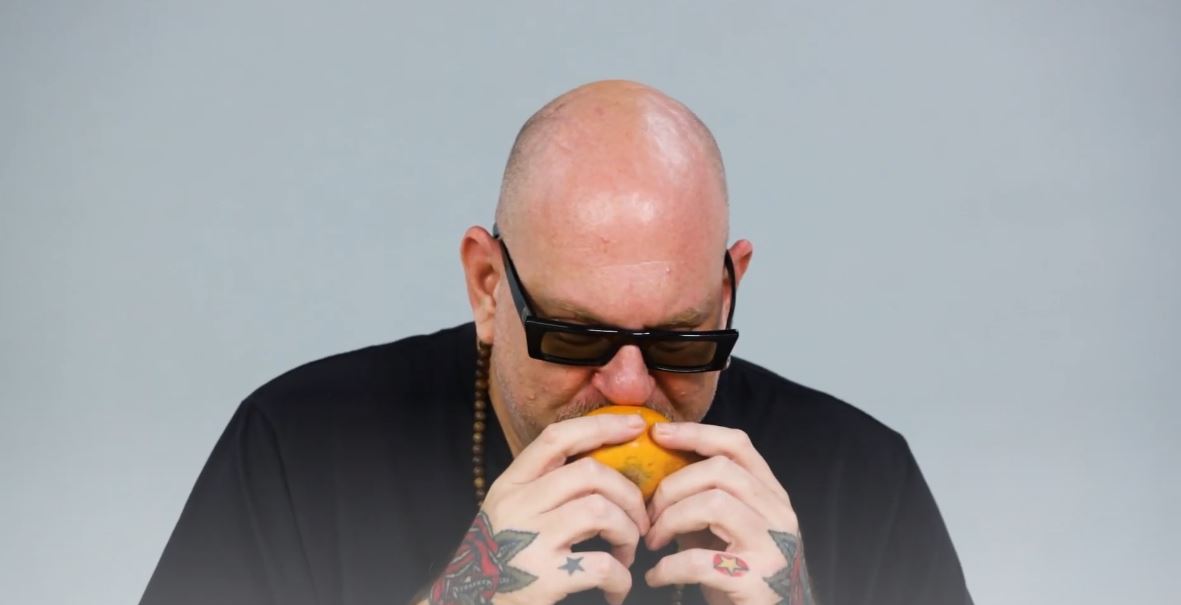
Jordan, from the USA, couldn’t stand the smell of the le ki ma fruit.
Paula and Andrey agreed with Jordan, noting that the le ki ma fruit had a slightly unpleasant odor.
When it came to the tasting part, the guests used their hands to break the fruit in half and started eating the yellow flesh inside.
Paula described the le ki ma fruit as tasty and having a soft texture. “I like it,” she said. Meanwhile, Andrey compared it to durian, saying it was “delicious, but not as strong as durian.” Victoria, on the other hand, thought it resembled mashed potatoes.
The most notable reaction, however, came from Jordan, who did a complete 180-degree turn in his opinion of the le ki ma fruit. After taking a bite, he smiled broadly and exclaimed, “I’m hooked on this fruit now. It’s so good.”
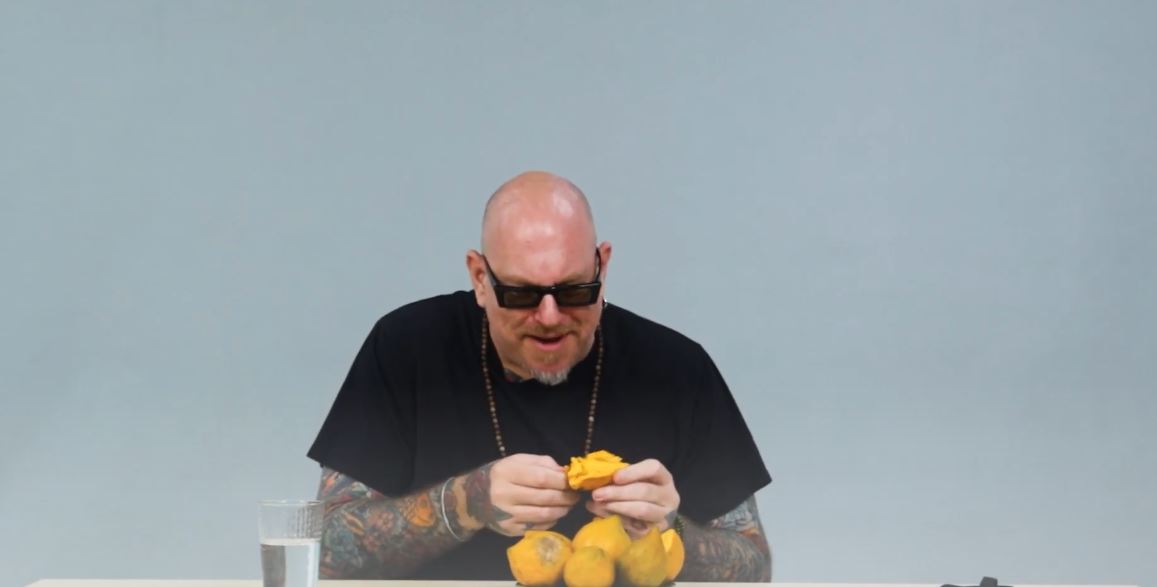
Jordan was completely won over by the taste of the le ki ma fruit.

The American man expressed his newfound love for the fruit.
Jordan concluded, “This fruit is like a combination of cucumber and banana. If I see it anywhere, I will definitely eat it.”
The le ki ma fruit is native to South America and is commonly grown in Vietnam. This fruit offers a plethora of health benefits. It is rich in vitamins, minerals, and fiber, known to improve digestion, boost immunity, support heart health, and potentially prevent certain diseases.
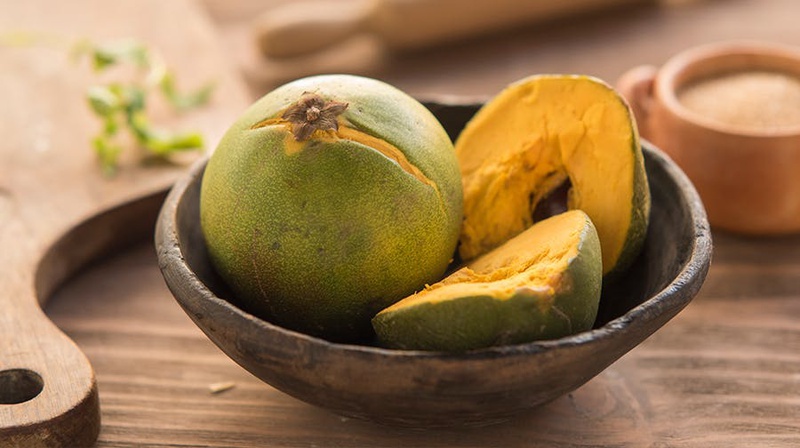
Le ki ma fruit is native to South America and commonly grown in Vietnam.
Despite its numerous benefits, there are a few things to keep in mind when consuming le ki ma fruit:
– Avoid overeating: Consuming too much le ki ma fruit may cause digestive issues or elevate blood sugar levels.
– Avoid eating on an empty stomach: For those with digestive issues, it is advisable to eat le ki ma fruit after a meal to prevent stomach irritation.
“Weeds: From Nuisance to Goldmine – Uncovering the Hidden Value in the Unwanted”
For the uninitiated, this plant may seem like a common weed, but to those in the know in the herbal medicine business, it is a veritable goldmine.
The Wild Leaf of Vietnam: Unassuming Herb Becomes a Global Sensation with a 300% Export Surge, a Rare Medicinal Treasure Few Nations Can Boast.
This particular leaf is a treasure trove of health benefits, offering a myriad of surprising advantages.

